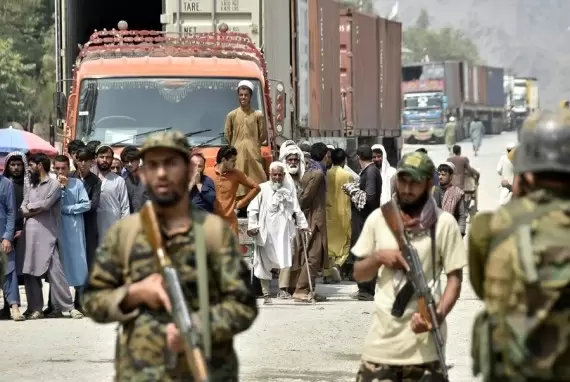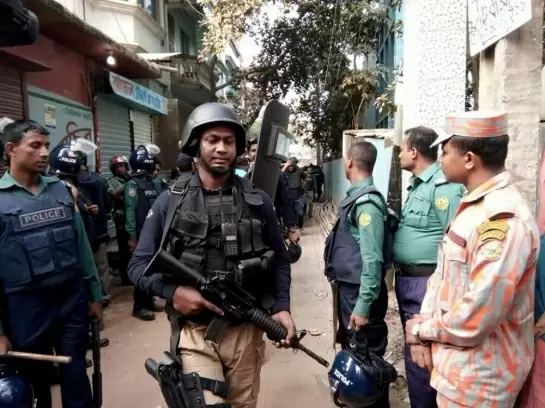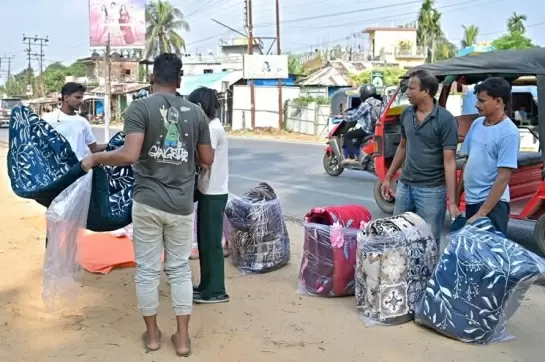Political hacktivism declined 95% since 2015: Report
19-May-2019
Internet activism or hacktivism -- the subversive use of Internet-connected devices and networks to promote a political or social agenda -- saw a massive drop of nearly 95 per cent from 2015 to 2018, a new report has said.
According to the "IBM X-Force Threat Intelligence Index 2019", there were 35 hacktivist attacks in 2015 which came down to just 2 in 2018.
"Thus far for 2019, no hacktivist attacks have yet met the criteria to be included in our data set, although we are aware that some hacktivist attacks have occurred," said Camille Singleton, X-Force IRIS Global Security Intelligence Analyst.
The report highlighted troubling trends in the cybersecurity landscape, including a rise in vulnerability reporting, cryptojacking attacks and attacks on critical infrastructure organizations.
"Yet amid all the concern, there is one threat trend that our data suggests has been on the decline: hacktivism," Singleton noted.
The analysis showed that few hacktivist groups aside from Anonymous have notably dominated the attack landscape over the past four years, with most groups carrying out only one or two attacks and then disappearing for a time.
"We have some theories about the reasons behind this decline - specifically, a decrease in attacks by one core hacking collective (Anonymous) and law enforcement acting as a deterrent against hacktivism," said the report.
Starting around 2010, Anonymous became one of the most prolific hacktivist groups in the world, reaching a peak of activity in early- to mid-2016, according to IBM X-Force data.
Since then, attacks by Anonymous have declined significantly, possibly due to an attrition of key leadership, differences of opinion and a struggle to find an ideological focus.
In 2016 in particular, hacktivist attacks such as Operation Icarus, which directed distributed denial-of-service (DDoS) attacks at banks worldwide, made headlines several times.
Another 2016 attack by the same group was a "declaration of war" on Thai police following the conviction of two Burmese men for the murders of two British backpackers.
That operation resulted in the defacement of several Thai police websites.
"In 2018, the number of reported attacks was much lower, although various groups used similar tactics, including DDoS attacks and the defacement of several government websites in Spain," the report informed.
IANS
this is a smpolke test data
Dense Fog Throws Flight Operations Out of Gear Across North India
Adhir Ranjan Chowdhury Meets PM Modi, Seeks Action on Attacks Against Bengali Migrant Workers
PM Modi Applauds Maiden Voyage of Stitched-Ship INSV Kaundinya From Porbandar to Oman
Unnao Rape Case: 'Don't Let Hate Bury The Truth', Pleads Sengar's Daughter In Viral Open Letter









